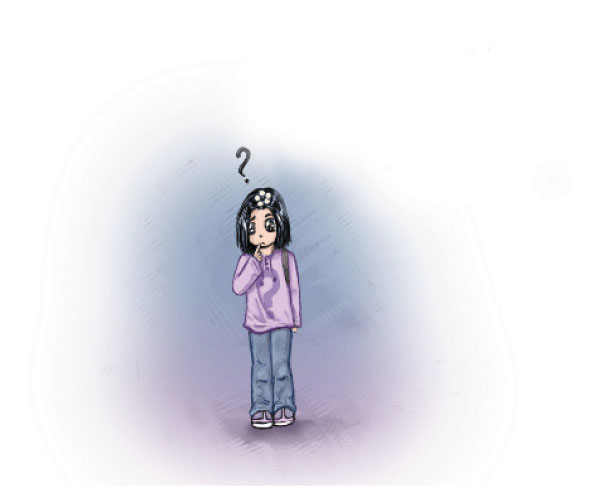
Q. I noticed that a girl in my school isn’t eating or drinking at recess, and when I asked her if she was alright she said that it is Rama’daan and she is fasting. Could you please explain?
A. Dear Sarah,
The concept of fasting, Sarah, is so engrained in the human conscious that we talk about it almost every day when your mother and mine get up in the wee hours of each morning to prepare breakfast. Got it? Break-fast!
Fasting is, first and foremost, an act of pure piety. It is a form of worship that is entirely private; no body can tell if you sip a drop of water while washing your face, if you decide not to uphold the fast.
Muslims, such as the girl you talk about, fast from sunrise to sunset during the entire period of the ninth month of the lunar calendar; this month is called Rama’daan. Fasting includes abstaining from eating and drinking, in addition to other restrictions that apply only to adults.
Muslims fast during the month of Rama’daan, which is mandatory, and throughout the year, but this is voluntary, for four main reasons. First, they obey the command of Allaah to fast. Second, they continue the ancient tradition of fasting that was part of earlier faiths, which serves to celebrate the Oneness of God. Third, they practice self-discipline. And forth, they partake in the welfare of their societies by sharing the pains of hunger and thirst and discomfort, with those who have not, albeit temporarily.
Rama’daan is a month of celebration; celebration of spiritual clarity and pure piety; of humility and compassion; and of voluntary and individually bowing to the will of Allaah.
Yours in humanity,
I-MAG Team.
